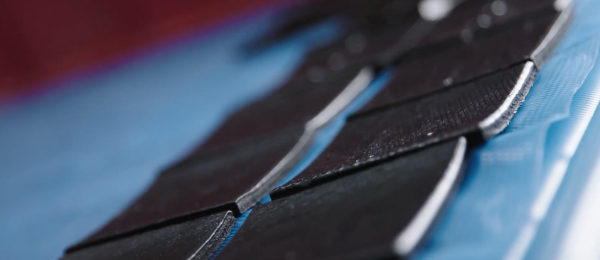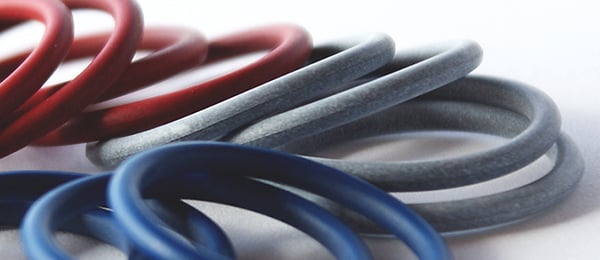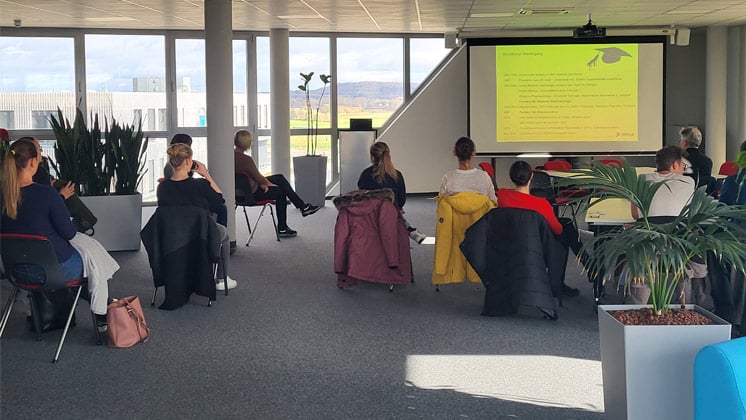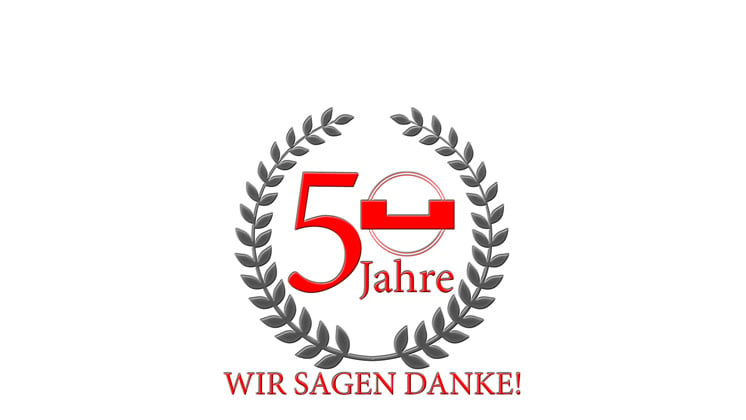Sealing elements made of elastomers have long become indispensable and integral parts of our daily lives, even though they often go unnoticed when functioning properly.
After many years of material research and development, developers now have a wide variety of different compounds to choose from, offering tailored solutions for almost every application. However, there are still areas where satisfactory solutions for chemical or thermal requirements have not been found.
In such a challenging area, ULMAN, together with its manufacturing partner, has managed to fill a gap. ULMAN offers the compound VA205, an FKM material with a hardness of 85 Shore A, which exhibits a temperature range for continuous use from -50°C to +200°C. With a TR10 value of -45°C, it surpasses common FKM materials for low-temperature performance. As shown in the attached graph, the glass transition range (TG) lies just below -50°C, providing users with versatile applications where standard low-temperature FKM compounds have failed. This high-performance material can be used wherever high and/or low temperatures and aggressive media are present.
Fluoroelastomers (FKM) play an increasingly important role in the sealing industry. Due to their excellent chemical resistance to mineral oils, aliphatic and aromatic hydrocarbons, concentrated acids, weak alkalis, as well as diesel and common fuels and silicone oils, FKM is one of the most processed elastomers. Additionally, FKM offers excellent mechanical properties in terms of compression set and aging resistance.
FKM sealing elements are used in almost all fields of industrial manufacturing. However, in the past, their application was limited in areas that occasionally or permanently experience lower temperatures, as their suitability for low temperatures was rather limited, ranging from -20°C to -30°C. This posed a challenge in applications such as vehicles powered by compressed natural gas (CNG) or refrigeration systems in the chemical industry, where secure functioning is required even at temperatures below -30°C. The VA205 compound can be processed using both compression molding and injection molding methods to produce O-rings and various molded parts.
The excellent mechanical properties of the VA205 compound open up even more application fields, and ULMAN proudly highlights this compound as a milestone in material development.
Upon request, we can provide you with a material data sheet or a sample O-ring.





